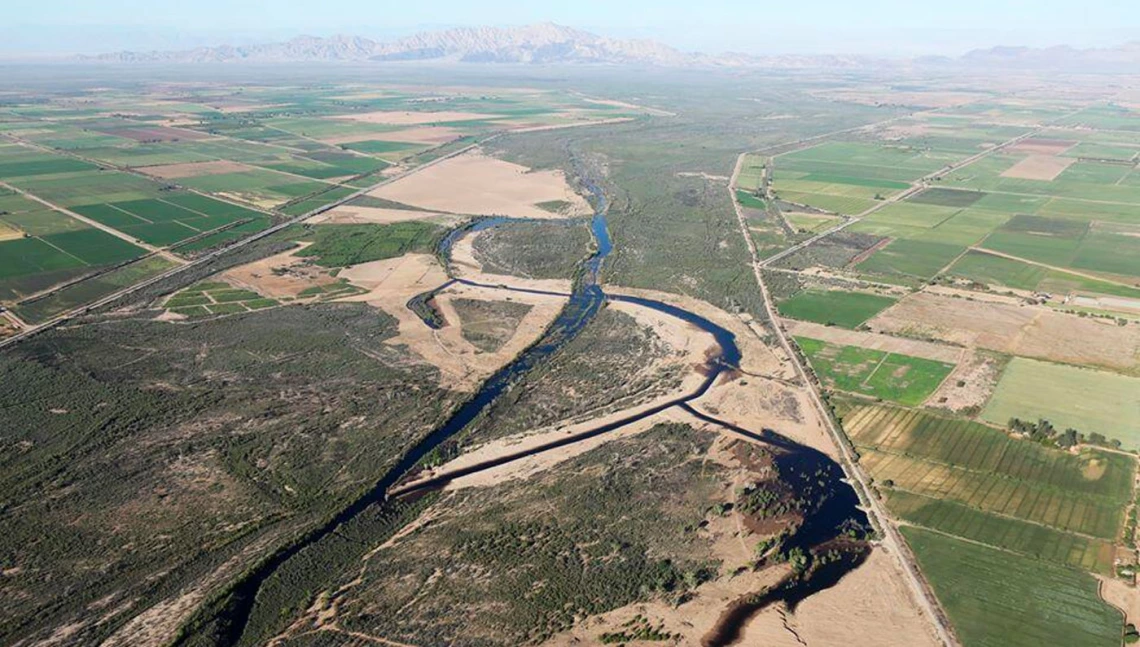
When
Where
Speaker(s)
Non-Governmental Organizations, or NGOs, is the name that was given to civil society in several of the Minutes from the 1944 Treaty on International Waters between the United States and Mexico. The NGOs appear as party to a three-way contribution of water for the environment in Minutes 316, 319, and 323. But the contribution of the NGOs to the accomplishments of these Minutes in the Colorado River extends beyond the traditional place of environmental advocates, contributing as shuttle diplomats to facilitate cross-border understanding. The role of civil society groups continues to grow, spilling over into the realm of brokers of water conservation agreements. In this presentation we examine the history and the anatomy of an outstanding partnership between federal and state governments and civil society from both countries, and how the water shortage crisis has influenced the management of the Colorado River.
 Carlos A. de la Parra is a Mexican scholar and government advisor whose work and research has focused on environmental policy and water management on the U.S.- Mexico border. He holds a PhD in Environmental Planning from the University of Michigan and has held positions in Mexico’s Ministry of Environment and Natural Resources (SEMARNAT) and at the Mexican Embassy in Washington. He currently represents Restauremos el Colorado, a non-profit that manages water for ecosystem restoration in Mexicali, and sits on the Board of Directors for the North American Development Bank (NADB).
Carlos A. de la Parra is a Mexican scholar and government advisor whose work and research has focused on environmental policy and water management on the U.S.- Mexico border. He holds a PhD in Environmental Planning from the University of Michigan and has held positions in Mexico’s Ministry of Environment and Natural Resources (SEMARNAT) and at the Mexican Embassy in Washington. He currently represents Restauremos el Colorado, a non-profit that manages water for ecosystem restoration in Mexicali, and sits on the Board of Directors for the North American Development Bank (NADB).
Photo: Pulse Flow Ecosystem Restoration Site, https://earthobservatory.nasa.gov/
Registration Information:
The WRRC hosts its Brown Bag Webinars using Zoom. Attendees will be able to ask questions using the Zoom chat function.
To request an alternate format of this webinar for disability-related access, please contact us at wrrc@email.arizona.edu

